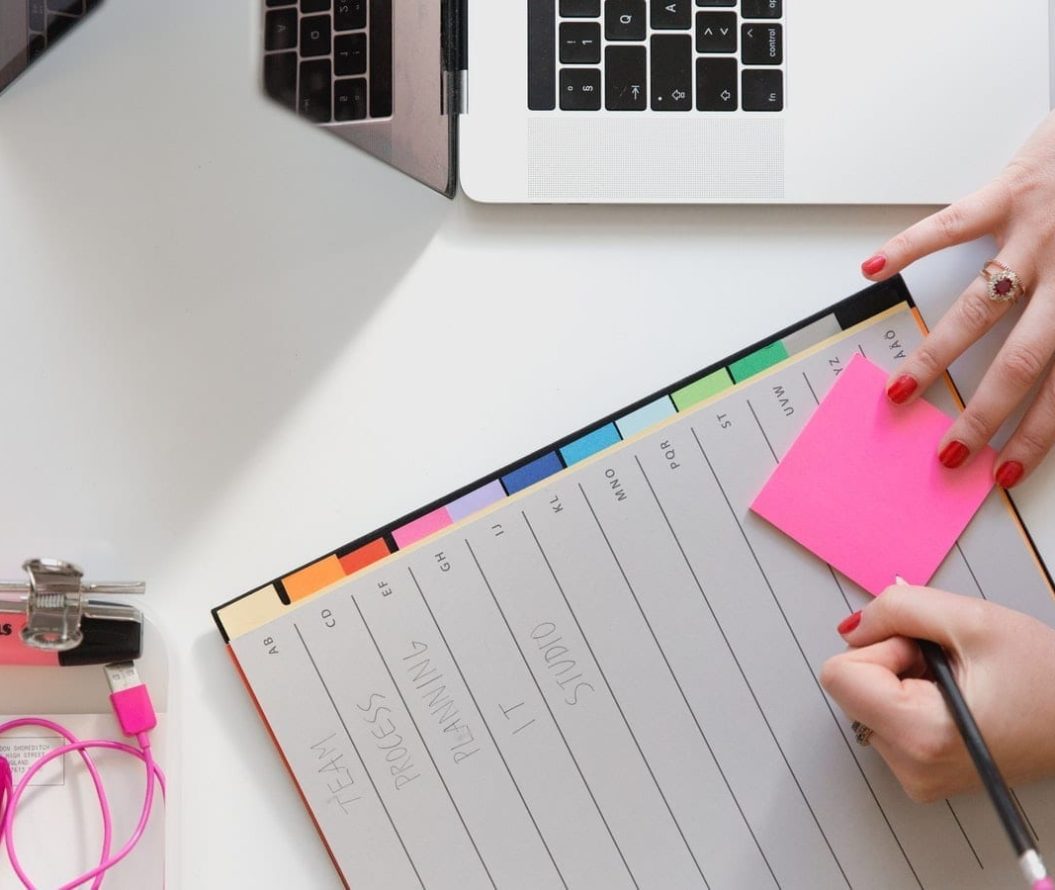
Getting the most out of lectures and seminars
Coming to university for the first time can be a scary experience and one of the main reasons can be the new way of learning.
Rather than just one or two hours per lesson, you will usually have a lecture about a certain topic and then a seminar with a smaller group, where the discussion will form part of the learning experience. But, don’t worry if this is completely alien to you, here are some top tips to help you make the most out of them.
1. Try to take notes
I had never really taken notes before I came to university, so I found it really tricky to begin with. But, I was thankful I persevered and got the knack, as lectures nearly always contain information that doesn’t come up on the presentation slides. Try to at least take down the key points of a lecture, even if you can’t do it word for word – even bullet point if you have to. If your handwriting isn’t fast enough (as mine wasn’t) consider using audio-recording to capture the most important lectures. Luckily, Lincoln has started using a lecture capture system called Panopto – which means you can recap point from lectures if you missed anything.
2. Do the reading!
Quite often, reading will be set after a lecture in preparation for the upcoming seminar, I definitely recommend actually reading this as it will form the basis of discussion for that week. There is nothing worse than sitting in a seminar with people who are all chatting away about something that you don’t understand. If you really don’t have time, at least have a look at what you are meant to read so you have a vague idea what is going on, even if you don’t feel confident enough to talk about it.
3. Try to talk
To begin with, everyone is nervous in seminars, and it can be really difficult to speak up if you’re a bit shy or nervous. But there is a good reason why lectures and seminars are used, if you are able to discuss and debate topics, you have a better chance of fully understanding them. That will be really important when exams or coursework come around, so even if it’s difficult sometimes, try to talk!
4. Get enough sleep
You’re not going to take in what is being said if you’re sitting there thinking about how tired you are, or worse, actually asleep! Try to stay alert and awake in lectures and seminars, you never know when you’ll be called upon to answer a question and you don’t want to be caught napping! Worst case scenario, get a coffee on the way in!
5. Keep your notes organised
No one wants to have to dig through page after page of miscellaneous notes to get to the one bit of information they’re looking for. Consider keeping a different notebook for each module, or a notebook that is divided into different sections. Make sure your headings are clear at the top of each page for which lecture and topic the notes relate to, even dating the page helps you put them in order if you want to re-organise.
6. Don’t be scared
You will hear this a lot, but it is true. Everyone is in the same boat to begin with, and lecturers are (usually) extra-nice to begin with and will try not to put you on the spot. Stay calm and follow these tips and you’ll be fine, I promise!
This article is featured on Learning at Lincoln.


